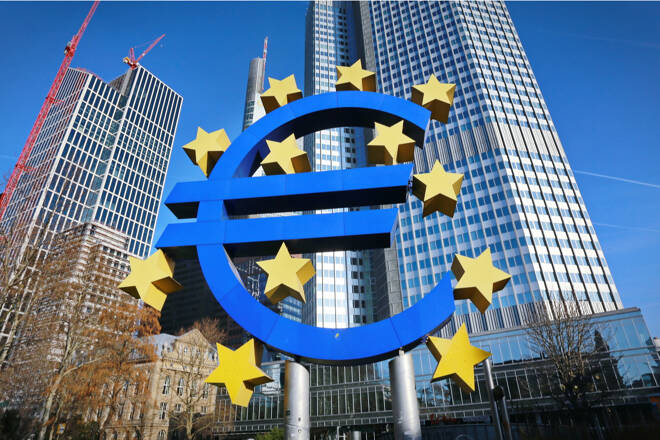Advertisement
Advertisement
Euro Area Consumer Confidence Missed Expectations, EUR/USD Moved To Session Lows
By:
The report indicated that consumer activity remained under pressure despite the recent improvements in the European energy markets.
Key Insights
- Euro Area Consumer Confidence improved from -22.2 to -20.9.
- EUR/USD tested new highs above the 1.0900 level but pulled back towards 1.0850.
- The ECB will likely stay hawkish despite disappointing Consumer Confidence data.
European Consumers Remain Under Pressure
On January 23, EU released the flash reading of the Euro Area Consumer Confidence report. The report indicated that Euro Area Consumer Confidence improved from -22.2 in December to -20.9 in January, compared to analyst consensus of -20.
The report showed that the recent pullback in the European natural gas markets did not boost consumer mood. At the same time, it should be noted that analysts did not expect significant improvements. Anyway, the report missed modest expectations and indicated that European consumers remained under pressure.
Consumer Confidence data will likely have no impact on the ECB policy. The European Central Bank remains focused on its fight against inflation. The ECB will announce its Interest Rate Decision on February 2, and analysts expect that it will raise the interest rate from 2.5% to 3%.
Euro Pulls Back From Multi-Month Highs
Today, EUR/USD tested new highs near the 1.0925 level but lost momentum and pulled back towards 1.0850. Traders expect that the ECB will stay hawkish in the near term, which is bullish for the euro.
It remains to be seen whether the disappointing Consumer Confidence report will have a material impact on EUR/USD dynamics. Currently, EUR/USD is trading near session lows. The rebound of Treasury yields may have served as the main driver for this move.
Meanwhile, European government bond yields are also moving higher. The situation in the European debt markets remains tense as yields have settled at levels that were not seen for many years.
The yield of Germany’s 10-year government bonds has settled near the 2.20% level. A move towards the 2022 highs at 2.58% will signal that markets are worried about the long-term health of Europe’s leading economy, which may put some pressure on the euro.
For a look at all of today’s economic events, check out our economic calendar.
About the Author
Vladimir Zernovauthor
Vladimir is an independent trader, with over 18 years of experience in the financial markets. His expertise spans a wide range of instruments like stocks, futures, forex, indices, and commodities, forecasting both long-term and short-term market movements.
Advertisement
